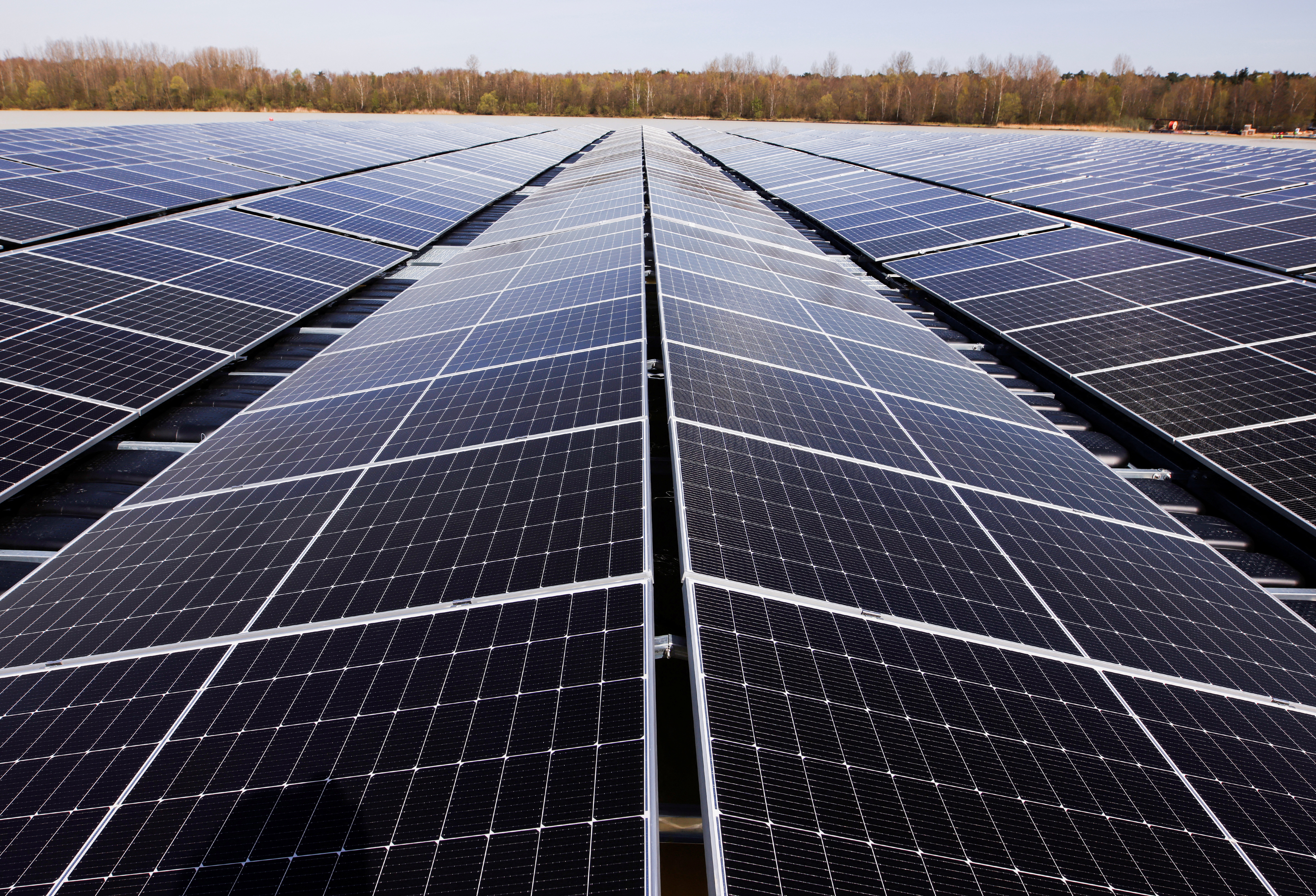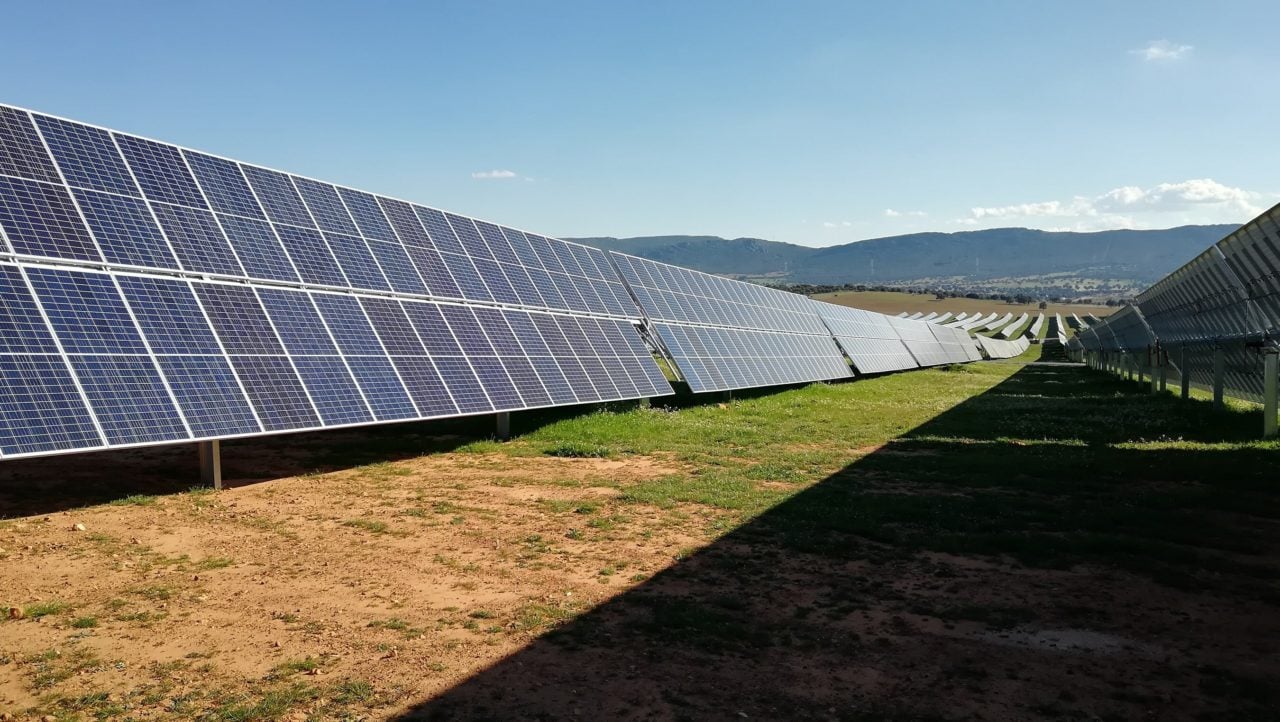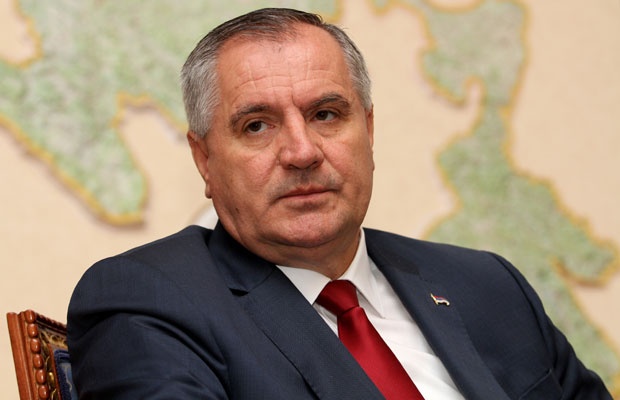Renewable energy from sources like the sun, wind, and water is anticipated to be the energy source of the future. Herzegovina, with its abundant sunny days, is an excellent ground for harnessing this natural resource, attracting both domestic and foreign investors. In just this year, 80 power plants have been connected to the grid, with an additional 116 awaiting activation. The profitability and sustainability of these investments are now being questioned.
From the initial concept of the benefits of solar energy and the installation of just a few solar panels, Herzegovina has progressed to 237 small solar power plants with a total installed capacity of about 40 megawatts in just a few years. Additionally, larger producers, licensed by the relevant ministry for periods spanning ten or more years, will be connected to the grid.
“We can certainly talk about an expansion,” stated Aleksandar Jegdić, Secretary of the Regulatory Commission for Energy of Republika Srpska.
Investors include domestic businesses, individuals, and foreign companies who see the utilization of solar energy as a profitable and secure investment, providing a rapid return on investment. Some estimates suggest that the investment can be recouped within five to seven years, leaving the subsequent ten to fifteen years (the typical lifespan of the panels) as a period for profit.
“Installation started in April. It was completed at the beginning of August and was put into trial operation. Over time, we will see its profitability,” emphasized Ranko Medan from the company “Tatjana Energy” in Ljubinje.

Besides Ljubinje, Nevesinje and Bileća stand out in terms of the number of new installations. When the planned “green” kilowatts start generating in Bileća, they anticipate a two-million influx into the budget, with similar benefits expected in Nevesinje.
Questions arise regarding the maximum quota of green kilowatts and whether the capacity of the existing distribution network is sufficient for all the new energy. Elektro Hercegovina is near its capacity limit with the current infrastructure. They are obliged to connect new producers, and solar power plants subsequently do not have to pay grid fees.
“We were the first to begin processing requests and connecting them to the grid. Meanwhile, the capacity of the network has been filled by solar panel producers. We have technically accommodated everyone and received as much as the network can handle without causing issues for consumers,” explained Ognjen Kuljić, Director of Elektro Hercegovina.
Per the new Law on Renewable Energy Sources, the Government should develop a program for utilizing renewable energy sources and determine the maximum quantities of electric energy eligible for incentives. Green kilowatts, as desirable energy, are subject to a support system funded by fees paid by all consumers.
Source: RTRS









